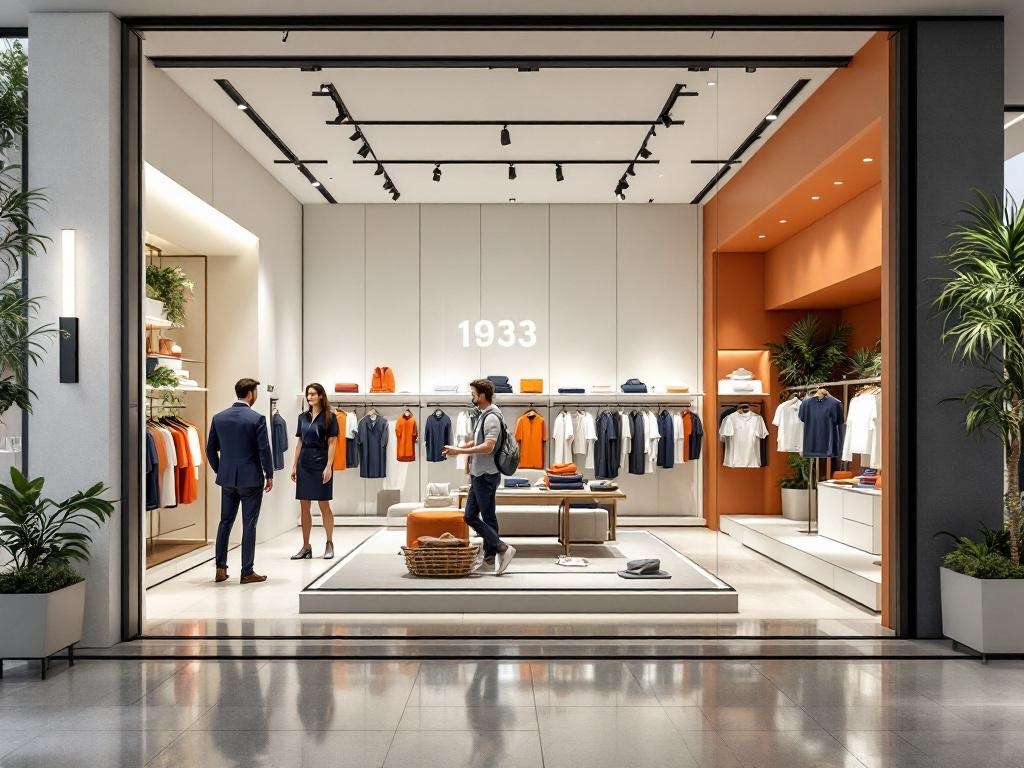Lacoste Unveils Unique Resort-Inspired Brand Concept in Puerto Banús

Marbella, maandag, 30 juni 2025.
Lacoste has recently opened an innovative concept store in Puerto Banús, Marbella, presenting a revolutionary approach to retail design. The store distinguishes itself with two distinctive zones: a white space representing the tennis world and a terracotta-coloured zone referencing the Andalusian landscape. With a special exhibition space dedicated to the iconic 1933 polo shirt and an outdoor garden environment, this location marks a strategic expansion for the brand. It is only the second Lacoste store worldwide to employ this unique concept design, indicating a targeted brand positioning in tourist destinations.
Lacoste’s Strategic Expansion in Spain
Lacoste opened a brand new concept store last Sunday in Puerto Banús, Marbella, marking a strategic expansion of the brand in Spain [1]. The store represents an innovative retail concept currently used in only two locations worldwide: the original store in Aix-en-Provence, France, and now this new location in Spain [1].
Unique Store Design
The concept store distinguishes itself through two distinctive zones: a white space symbolising Lacoste’s rich tennis history, and a terracotta-coloured zone referencing the Andalusian landscape and traditional clay tennis courts [1]. A special exhibition space is dedicated to the iconic 1933 polo shirt with the crocodile logo, emphasising the brand’s heritage [1].
Regional Market Strategy
With this opening, Lacoste further extends its presence in the Costa del Sol and now has five stores in the Málaga province [1]. The brand is currently focused on international expansion, with particular attention to the Spanish market, as evidenced by recent openings in Barcelona and a summer pop-up store in Ibiza [1].
Brand Background
Lacoste, originally founded in 1933 by René Lacoste, is currently part of the Swiss holding company Maus Frères, which also manages brands like Aigle, Gant, and The Kooples [2]. The company is globally present in 98 markets with a commercial network of 1,100 points of sale [2].